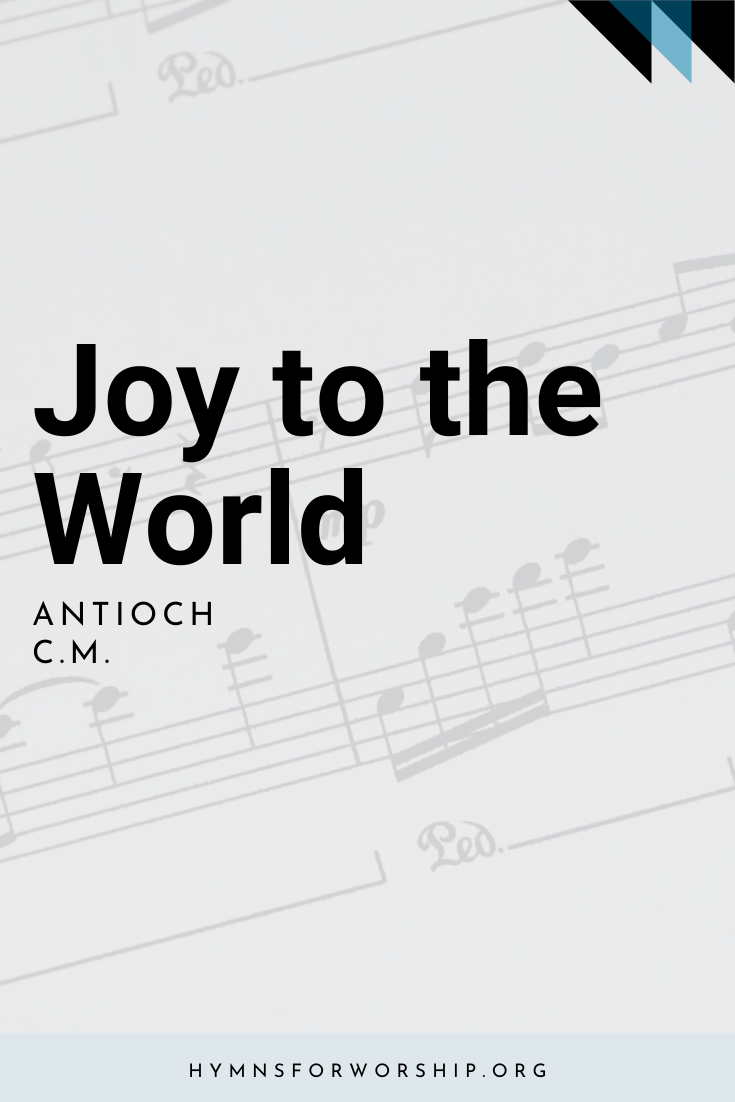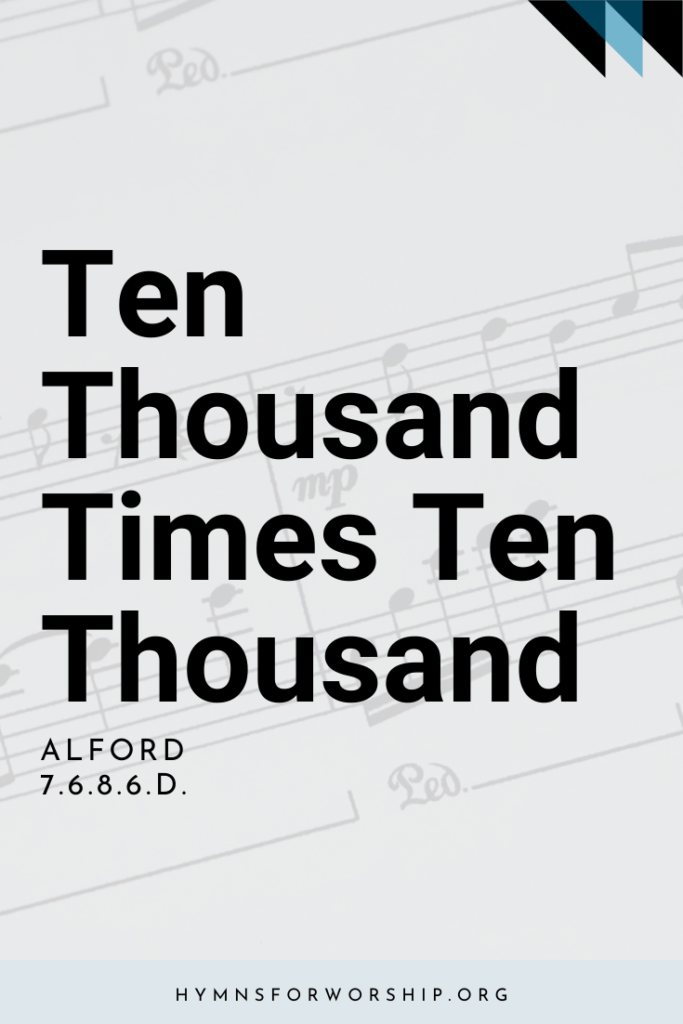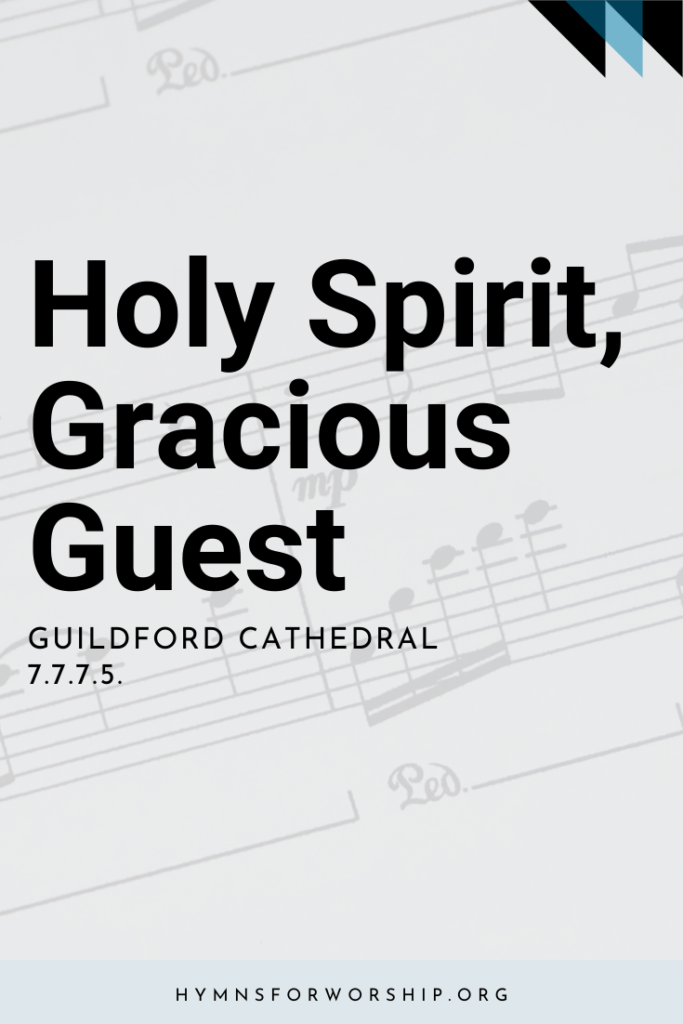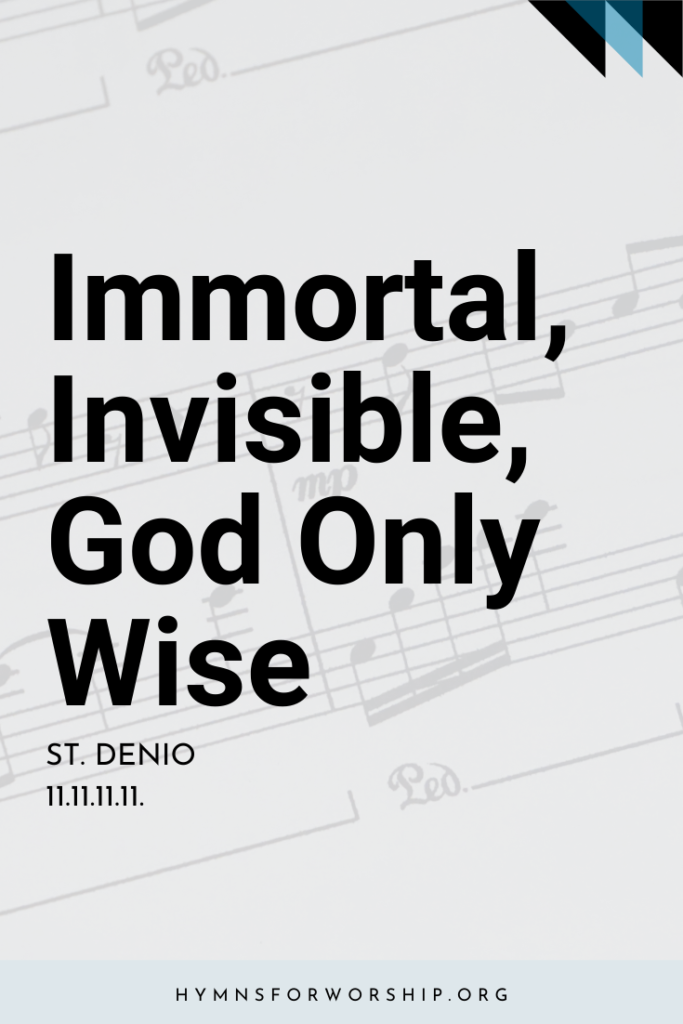JESUS CHRIST >> Birth
SDAH 125
Joy to the world, the Lord is come!
Let earth receive her King;
Let every heart prepare Him room,
And heaven and nature sing, And heaven and nature sing,
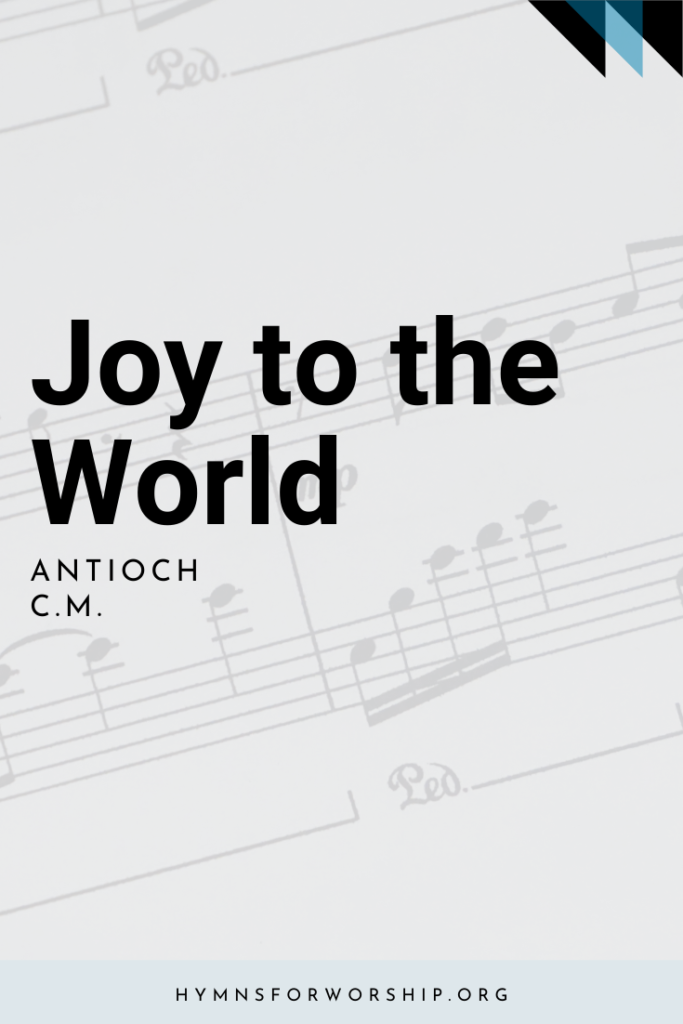

Text
1
Joy to the world, the Lord is come!
Let earth receive her King;
Let every heart prepare Him room,
And heaven and nature sing, And heaven and nature sing,
And heaven, and heaven and nature sing.
2
Joy to the earth, the Savior reigns!
Let men their songs employ;
While fields and floods, rocks, hills, and plains,
Repeat the sounding joy, Repeat the sounding joy,
Repeat, repeat the sounding joy.
3
No more let sin and sorrow grow,
Nor thorns infest the ground;
He comes to make His blessings flow
Far as the curse is found, Far as the curse is found,
Far as, far as the curse is found.
4
He rules the world with truth and grace,
And makes the nations prove
The glories of His righteousness,
And wonders of His love, And wonders of His love,
And wonders, and wonders of His love.

Hymn Info
Biblical Reference
Ps 98:4-9
Author
Isaac Watts (1674-1748)
Year Published
1719
Hymn Tune
ANTIOCH
Metrical Number
C.M.
Composer
Lowell Mason (1792-1872)
Text Source
Arr. from Handel’s Messiah, 1742 (1685-1759)
Year Composed
1830
Theme
BIRTH OF JESUS CHRIST
Hymn Score
Audio Guides
Watch
The general idea when it comes to hymns is that there is a close bond between the author and the composer. That the author writes a hymn and the composer invents a tune to suit it, and then provides the harmony to accompany the tune. However, such wasn’t always the case.
Many hymns actually worked vice versa wherein authors would write verses according to existing tunes. Hundreds of hymns are sung from borrowed tunes, such as secular songs, chants, and even classical works. That being said, I went ahead and researched which hymns in the SDA Hymnal were originally classical works.
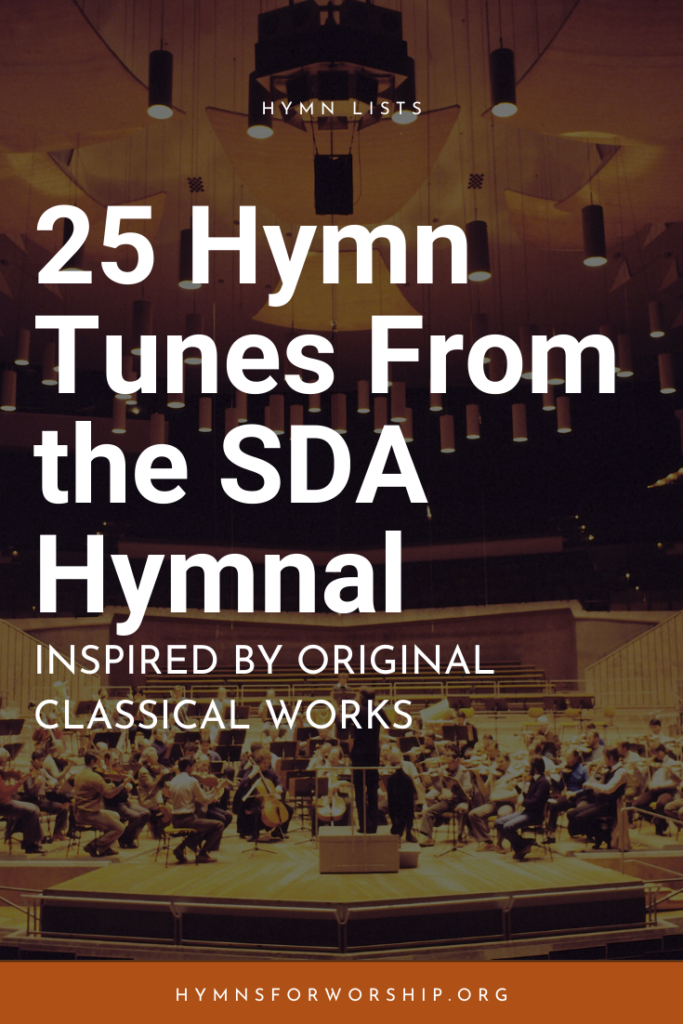
Notes
Get to know the hymns a little deeper with the SDA Hymnal Companion. Use our song leader’s notes to engage your congregation in singing with understanding. Even better, involve kids in learning this hymn with our homeschooling materials.
Isaac Watts (1674-1748; see Biographies) wrote two paraphrases of Psalm 98, one on the first three verses, and the other on verses 4 to 9, the latter being this hymn, “Joy to the World.” He entitled the first part “Praise for the Gospel,” and this part “The Messiah’s Coming and Kingdom.” He noted, “In these two hymns which I have formed out of the ninety-eighth psalm, I have fully expressed what I esteem to be the first and chief sense of the Holy Scriptures, both in this and the ninety-sixth psalm, whose conclusions are both alike.” The four stanzas appear in his Psalms of David Imitated, 17 19, and show how Watts not only gave a free paraphrase but also amplified and implied ideas on the psalm.
ANTIOCH, presumably named to commemorate the early church in Antioch in Syria, where the disciples were first called Christians (Acts 11:26), was published by Lowell Mason (1792-1872; see Biographies) in his Occasional. Psalms and Hymn Tunes, 1836. He noted it as arranged from Handel. A similarity can be seen in the opening four notes of the melody, which recall the beginning of two choruses from The Messiah, “Lift up your heads,” and “Glory to God.” The music for the last line, which is elaborated somewhat, also recalls the opening of the tenor solo, “Comfort ye my people.” Mason certainly followed Handel’s cheerful style, which fits the uplifting words of the hymn. The first eight notes of the melody consist of a complete descending octave. Then the second line of words is sung to two successive descending passages of six notes each, with a repetition of one or two notes in these phrases. Tradition says that Ignatius had a dream in Antioch, in which he heard a choir of angels singing in antiphonal fashion. This induced him to introduce antiphonal singing in the church.
George Frederick Handel was born in Halle, Germany, on February 23, 1685, the son of a barber-surgeon who objected strongly to his son’s interest in music. While on a visit to Weissenfels, the young lad had opportunity to play the organ for the duke of Saxe Weissenfels. The duke was so impressed he prevailed on the father, and Handel was able to study music with Zachau, the organist of Liebfrauenkirche, back in Halle. By age I I George had absorbed all that Zachau could teach in harmony, counterpoint, violin, oboe, harpsichord, and organ. At 12 he became assistant organist at the Halle pomkirche, at the same time studying law at the university. After one year, he decided that music would be his life; he went to Hamburg and started his career in opera. From 1706 to 17 10 he was in Italy, writing and performing his operas in Naples, Florence, Venice, and Rome. After his second visit to England in 17 12, he became an English citizen and remained there the rest of his life. Italian grand opera was in vogue, and he enjoyed great success until interest in opera began to subside, when he turned to the oratorio. Saul and Israel in Egypt were performed in 1739, and The Messiah was introduced to the world at Dublin in 1742. His use of the dramatic operatic style and the heroic choruses set the style for composers of the oratorio for 200 years to come. By the year 1753 Handel was blind, but he continued to play the organ for performances of his works; he accompanied The Messiah at Covent Garden just a few days before he died April 14, 1759. He was buried in Westminster Abbey. In all, Handel wrote 26 English oratorios, 46 operas (mostly in Italian), harpsichord and organ works, solo and choral music, cantatas, and chamber music. From 1858 to 1867, Friedrich Chrysander put together 97 volumes of Handel’s works. The Royal Library of Handel Autographs now resides in the British Museum.
Handel also composed the tune JUDAS MACCABEUS, SDAH 171, and the original from which SDAH 497, HALIFAX, was arranged.

